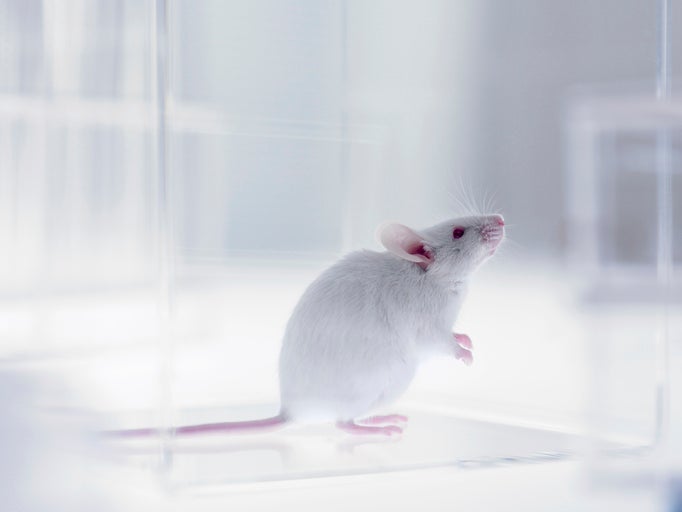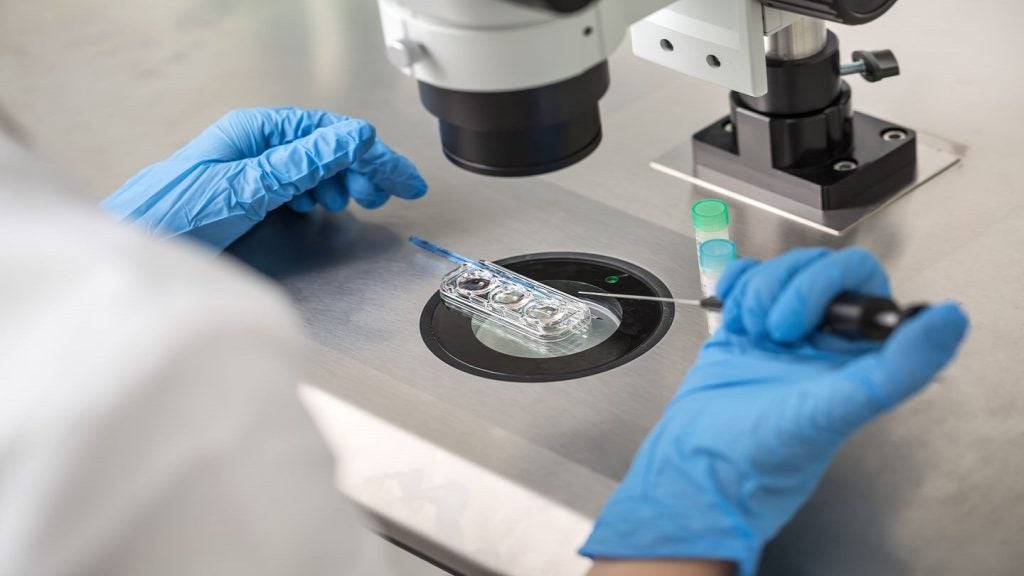AI-driven digital engineering company, Quantiphi, has launched Digital Animal Replacement Technology (DART). The company claims the technology offers a humane, accurate alternative to animal testing for drug discovery, manufacturing, and pre-clinical trials.
In December 2022, US President Biden signed the FDA Modernization Act 2.0, opposing the Federal Food, Drug, and Cosmetics Act of 1938, which required animal testing for every new drug development protocol. Consequently, new approach methodologies are being brought to the forefront for drug testing.
The Humane Society estimates that more than 50 million animals are used in experiments each year in the US. In 2019, a study estimated that 89% of novel drugs fail human clinical trials, with approximately one-half of these relating to unanticipated human toxicity.
US-based Quantiphi, concerned with delivering artificial intelligence (AI) solutions that ensure safety, security, and social equity, developed DART, which uses ethically sourced human stem cells, a digital workstation, and artificial intelligence to predict drug safety based on stem cell-drug interactions.
Global Leader in Healthcare and Life Science at Quantiphi, Bruno Nardone said: “It uses advanced machine learning and computer vision algorithms, data analytics, and a well-developed wet-lab infrastructure to accelerate drug discovery while ensuring safety and efficacy."
Describing the benefits of DART beyond ethics, Nardone said: "It enables early-stage decision-making, reduces cost, improves time-to-market, and it offers advantages like accelerated testing, customization based on genetic profiles, and relevance to human physiology."
















